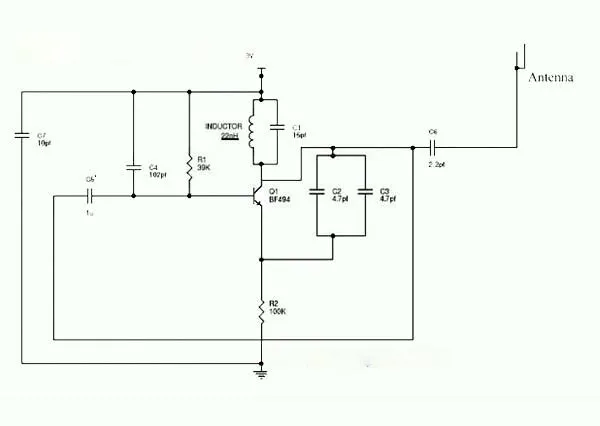The Metropolis Daily News reporter learned from the Wuhan Municipal Admissions Office yesterday that the city spent more than 1 million yuan this year to update mobile phone signal shielding devices, metal detectors and other equipment at all test sites. Among them, the mobile cell phone jammer has been upgraded to block the latest 4G signals that have been activated in some domestic cities, and the WiFi signals of the test sites will also be blocked.

Will jammers interfere with English listening and broadcasting?
This has become a concern for parents. Yesterday, the Wuhan Municipal Recruitment Office stated that after the English listening test is over, the shielding device can be switched on to start normal work; after the test, the jammer will be turned off only after all candidates in the exam room have left the exam room.

According to reports, Nankai University also used advanced anti-cheating tools such as cell phone jammers, ID card recognition devices, and metal detectors when taking major exams. Among them, signal jammers can only shield 2G signals in the past, and upgrade to shield the latest 4G signal activated in some domestic cities. During the test, the WIFI signal of the whole school will also be turned off. The school has also achieved full coverage of standardized examination rooms, capable of real-time monitoring of all examination rooms, and real-time video transmission with the Ministry of Education (microblog) and Tianjin Education Examination Institute.
- A total of 14,518 people applied for Nankai University in the 2014 National Postgraduate Entrance Exam, and a total of 5,460 students took the exam at Nankai University.
- The school has a total of 127 examination rooms and more than 400 invigilators.
- All exam rooms and classrooms are equipped with clocks, and each candidate is equipped with erasers, pens, and rulers.
- Candidates are only allowed to bring 2B pencils into the exam room and only a small number of test subjects according to some candidates indicated on the admission ticket.
- Calculator with calculation function.
Candidates are not allowed to bring watches, pens, ballpoint pens or signature pens, erasers, rulers, any books, newspapers, manuscript paper, materials, communication tools or electronic supplies with storage, programming, and query functions, correction fluids, correction tapes and other items into the examination room.

The implementation of mobile phone signal shielding devices, such as cell phone jammers, in educational institutions and examination centers has become increasingly common to prevent cheating during exams.
- The use of signal jammers, metal detectors, and other anti-cheating tools aims to enhance the security and integrity of exams.
- By blocking mobile phone signals and other wireless communication, institutions can minimize the risk of cheating through unauthorized communication or access to external resources.
- With advancements in technology, signal jammers are being upgraded to block newer signals, such as 4G and WiFi, which are commonly used for communication and internet access.
- This ensures that exam environments remain free from potential sources of cheating and distraction.
Some parents and candidates may express concerns about the potential interference of signal jammers with English listening and broadcasting tests. However, authorities reassure that the devices will be switched off after the listening test is over to allow normal listening and broadcasting activities to resume.

Educational institutions, like Nankai University, are striving to strike a balance between exam security and candidates' convenience. While implementing stringent measures such as signal jammers and ID card recognition devices, they also ensure that candidates have access to necessary exam materials and equipment within the exam room.
Alongside the use of technological measures, institutions enforce strict exam regulations to maintain the integrity of exams. Candidates are provided with specific guidelines regarding permissible items to bring into the exam room, including pencils, erasers, and rulers, while prohibiting items that could facilitate cheating or provide unfair advantages.

In summary, the deployment of signal jammers and other anti-cheating measures in educational settings reflects a commitment to maintaining the fairness and integrity of exams. While concerns about potential interference and inconvenience may arise, institutions strive to implement these measures thoughtfully and responsibly to create a conducive exam environment for all candidates.







